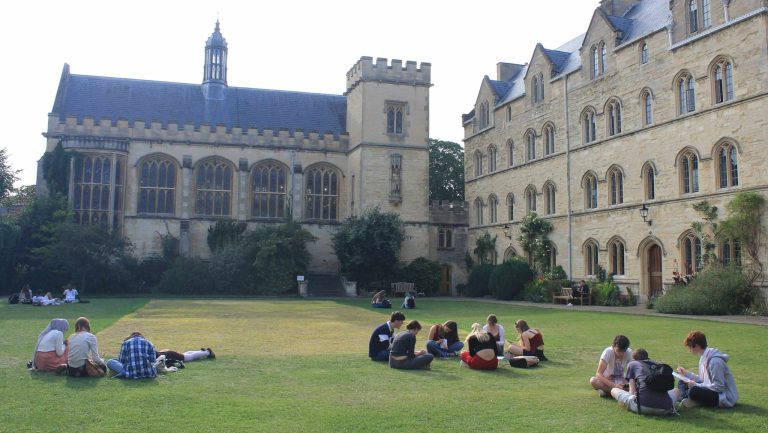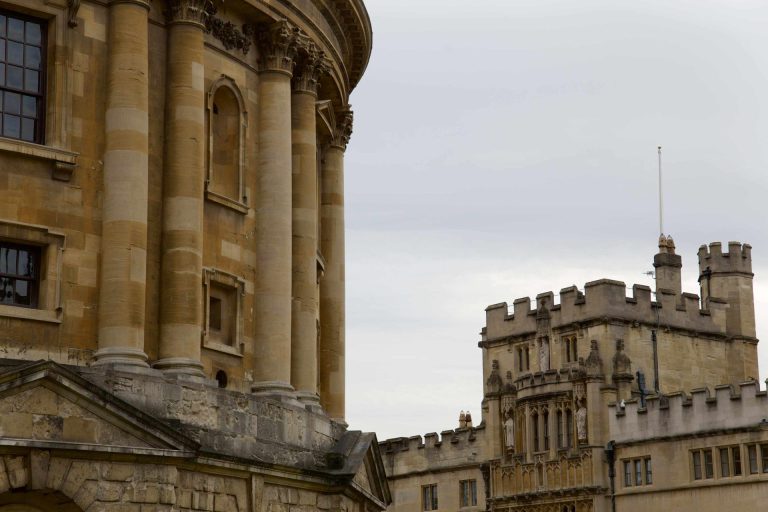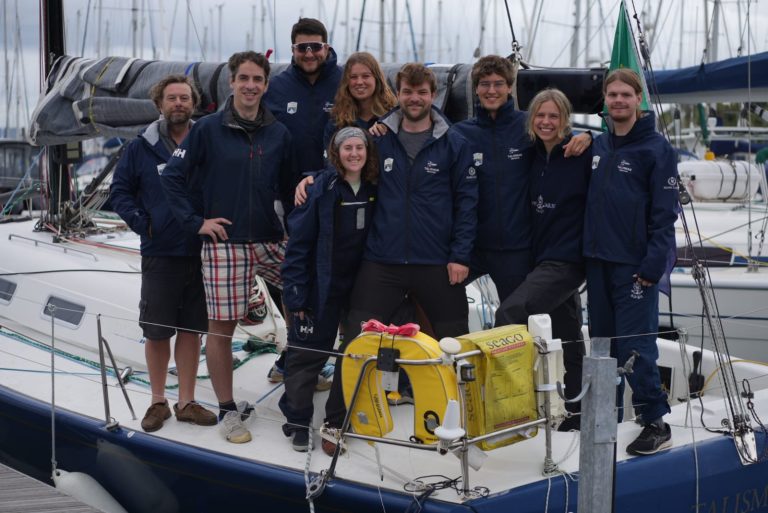An investigation by Confront Power has revealed that Oxford University was recently in serious breach of asbestos management regulation.
An audit conducted in 2019 revealed that information in the asbestos register was not consistent or up-to-date, with auditors PwC highlighting a critical risk that the University was non-compliant with UK legislation. A second audit in 2020 also revealed that the University had only surveyed 97 out of 160 of the highest-risk buildings, with only 23 of 72 asbestos management plans completed by their June 2020 due date.
Following Confront Power’s report, the University has emphasised that the procedures currently in place “pose no risk to the health of our students, staff, or visitors”.
A University spokesperson told Cherwell: “Like institutions across the UK higher education sector, the University has a diverse, complex estate, and we face legacy issues around asbestos-containing materials in some of our buildings.” They added that the University “proactively” engages in the risk management of asbestos in University buildings.
Confront Power is a not-for-profit organisation which specialises in investigative journalism.
The audits, obtained by Confront, were initially withheld by the University until the Information Commissioner’s Office (ICO) issued an order to release the documents. Oxford responded to the ICO claiming that disclosure of parts of the information in the audits could lead to panic among people inhabiting the buildings.
Confront Power reported in June 2025 that Oxford had paid out £850,000 in compensation for three claims regarding asbestos exposure internally. The University has 4,609 asbestos-containing materials across its buildings, including 24 buildings which are classified as “high-risk”.
An Oxford University and College Union (UCU) committee member said: “Oxford UCU is extremely concerned that information about the location and management of asbestos in University buildings – including the University’s own assessment that it is in breach of the Control of Asbestos Regulations – has been withheld from staff working in affected buildings.”
Asbestos was banned in the UK in 1999, and the government introduced the Control of Asbestos Regulations in 2004. ‘Asbestos’ refers to a group of naturally occurring heat and water resistant fibrous minerals that were used widely in construction in the past. Exposure to asbestos can lead to cancer or asbestosis through inhalation.










